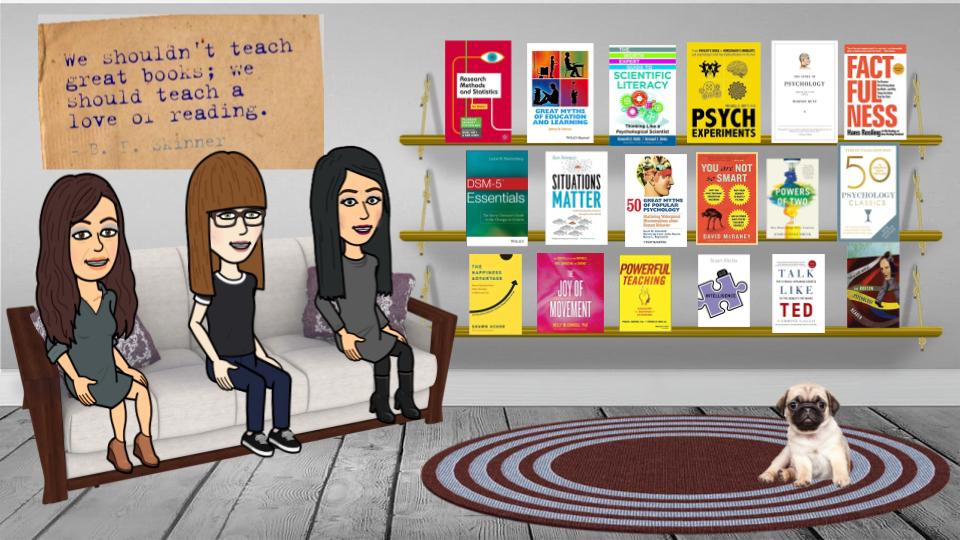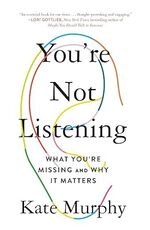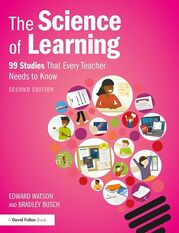|
Check out our Bitmoji Virtual Book Shelf by downloading the link below.
|
Check out our new page for students and this article by Cal Flyn about the 5 best books in Psychology for students featuring the Blog.
fivebooks.com/best-books/the-best-psychology-books-for-teens-jessica-flitter-laura-brandt-nancy-fenton/ | ||||||||
Featured Books
We always feature three books, but there is much more to explore! Just click on the Blog link and the top of the page for over 100 more exciting book reviews and activities.
Click on the photo of the book you are interested in and you will be taken directly to the blog posting for that book.
We always feature three books, but there is much more to explore! Just click on the Blog link and the top of the page for over 100 more exciting book reviews and activities.
Click on the photo of the book you are interested in and you will be taken directly to the blog posting for that book.
If you are interested in learning more about these books and many others, click on the Blog link at the top of the page. Each of the book review postings includes a brief explanation of the book, a related classroom activity, key psychological concepts referenced in the book, and other resources such as websites or podcasts.



